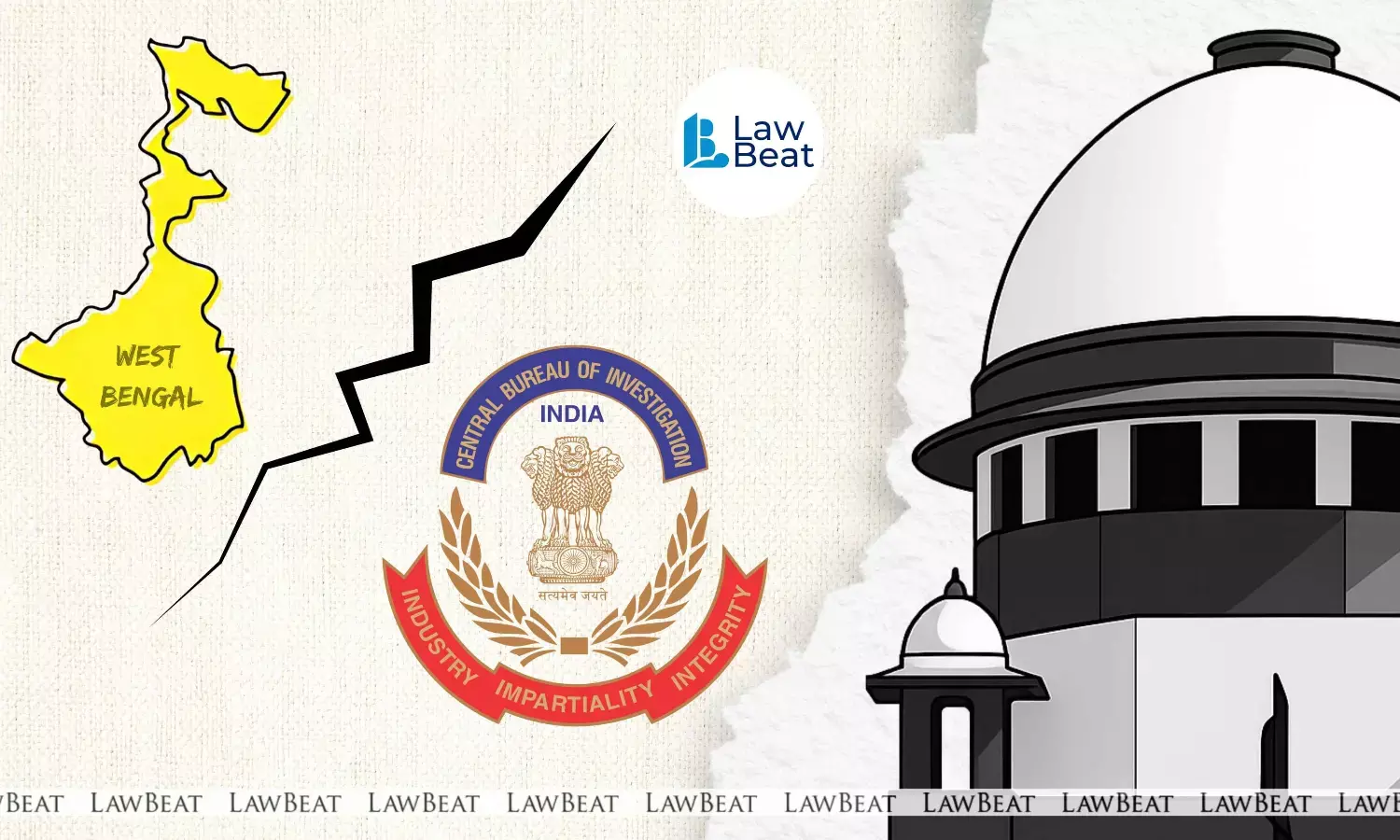Supreme Court Cancels Bail Of Five In Bengal Post-Poll Violence, Terms Attack ‘Assault On Democracy’

The Supreme Court on Thursday set aside the Calcutta High Court's orders granting bail to five men accused in a post-poll violence case involving rioting, assault, and an attempt to rape in West Bengal.
Calling the incident a "grave attack on the roots of democracy," the Court directed the accused to surrender within two weeks, or face coercive action.
The Bench of Justice Vikram Nath and Justice Sandeep Mehta allowed appeals filed by the Central Bureau of Investigation (CBI) challenging the High Court’s bail orders dated January 24, 2023, and April 13, 2023.
The accused, Sekh Jamir, Sekh Nurai, Sekh Asraf @ Sk Rahul @ Asraf, Jayanta Dome, and Sekh Kabirul, were arrested in connection with an incident that occurred on May 2, 2021, the day West Bengal Assembly election results were declared.
Facts of the Case
According to the complainant, a Hindu resident of Gumsima village in Birbhum district, the accused were part of a mob that attacked his home with bombs, sticks, iron rods, and firearms in retaliation for his support of the Bharatiya Janata Party (BJP).
He alleged that he and his family were assaulted, their home looted, and that his wife was disrobed and molested during the attack. The violence was reportedly led by another accused, Sekh Mahim, and the mob was estimated to have 40–50 people.
Court's Observations
The Court strongly criticized the High Court's decision to grant bail in such a serious case. “The present one is a case wherein the allegations against the accused respondents are so grave that the same shake the conscience of the Court,” the Bench said.
“Furthermore, there is an imminent propensity of the accused persons adversely affecting the proceedings of the trial," it said.
The Court noted that the assault appeared to be a “concerted act of vengeance” for the complainant’s political allegiance. “The concerted attack on the complainant's house was launched on the day of election results with the sole objective of wreaking vengeance because he had supported the saffron party,” the Court said. It added, “This is a grave circumstance which convinces us that the accused persons... were trying to terrorize the members of the opposite political party.”
The Bench described the conduct of the accused as an effort to subdue political opponents “by hook or by crook,” saying the incident amounted to an “attack on the roots of democracy.”
The Court also took serious note of the local police’s refusal to register the complainant’s FIR. The complainant had gone to the Sadaipur Police Station on May 3, 2021, but the officer-in-charge allegedly refused to register a case and advised the family to leave the village for their safety. The Court said this substantiated the complainant’s fear about the influence wielded by the accused.
The FIR was eventually registered by the CBI on December 16, 2021, after the Calcutta High Court, in a separate batch of writ petitions, directed the central agency to investigate all post-poll violence cases involving murder and crimes against women. The CBI subsequently filed a charge sheet under Sections 34, 148, 149, 326, 354, 511 read with 376D and 450 of the Indian Penal Code.
The Court emphasized that the law on bail and its cancellation is well-settled. While bail granted should not ordinarily be cancelled, it may be revoked if the allegations are grave, if the accused are likely to tamper with evidence, or if their continued liberty threatens the integrity of the trial.
It found that there was prima facie material suggesting that the accused had formed an unlawful assembly and committed serious offences, including the attempted sexual assault of the complainant’s wife. It further noted that the trial had not progressed since the filing of the charge sheet in 2022, attributing the delay to the accused’s non-cooperation.
“There is no apparent distinction between the roles of the accused respondents and others who disrobed the complainant’s wife,” the Court said. “The nature and gravity of the offence, coupled with the likelihood of the accused interfering with a fair trial, justifies cancellation of bail," it added.
The Court directed the accused to surrender before the trial court within two weeks. Failing this, coercive steps are to be taken to ensure their presence. Upon surrender or arrest, they will be remanded to judicial custody.
To ensure justice is not further delayed, the Court ordered the trial court to conclude the trial within six months.
It vacated any stay on the proceedings and directed the Home Secretary and Director General of Police of West Bengal to ensure the safety of the complainant and key witnesses. Any violation is to be immediately reported to the Court by the CBI or the complainant.
Case Title: Central Bureau of Investigation v. Sekh Jamir Hossain And Ors.
